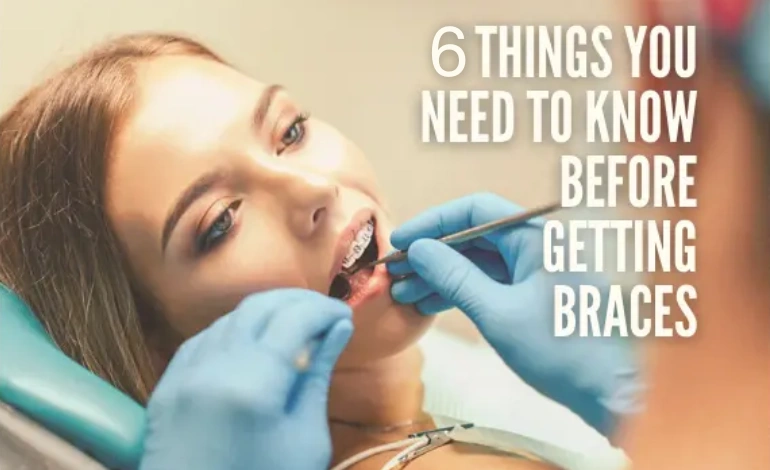Know More about Dental Braces
When it comes to Braces it is suitable for all including children and adults. It helps misaligned teeth, overbites, under bites, or other dental disorders. The person should have healthy gums and teeth, to begin with the treatment. Orthodontist’s will conduct a complete evaluation to determine if you are a suitable candidate for braces. On another note, the major work of braces is repositioning teeth for better alignment, which may involve tugging teeth forward. Our dentists will take care of your individual dental difficulties, ensuring that your teeth move in the correct way.
Braces and orthodontics come in different kinds and combinations.
Metal braces - the most common orthodontic treatment for its comfort and reduced visibility.
Ceramic braces are for people looking for an invisible solution. They are made of ceramic and works the same as traditional braces, giving a gentle touch to straighten teeth.
Lingual braces will placed on the backs of the teeth, giving an invisible procedure.
And clear aligner’s offers invisible way of straightening teeth.
Understanding the stages of braces therapy might help you set achievable goals.
The first step is putting on braces, which takes hours.
After that, get braces adjusted every few weeks to tighten them and ensure proper tooth movement.
The third stage is the retention phase, wearing a retainer to keep your teeth in their new placements.
It is usual to feel some discomfort wearing braces, particularly following modifications. The initial fitting may be the most painful as your mouth adjusts to the new gear. Tightening appointments may sometimes result in pain for a few days. Over-the-counter pain medications and orthodontic wax can ease the discomfort.
To keep your new smile look great protect your teeth from plaque build-ups. Use antibacterial and fluoride mouthwashes to enhance your oral health. To remove bacteria and food particles, Floss before bed. Replace your toothbrush every three to four months, or sooner if you have any sickness.
Some foods may damage braces so we tell you to avoid hard, sticky, and chewy meals. These foods can cause orthodontic components like brackets and wires to become trapped, bend, or break. Chewing tougher foods into tiny pieces or sticks is an excellent technique to avoid braces damage. Avoid eating popcorn, chewing gum, caramel, and hard sweets.
Select the Brace Based on your Need From The Best Dental Clinic
Braces are great for achieving a properly aligned smile, must be carefully considered and prepared. At Crown Dental Clinic, with our knowledge of numerous orthodontic treatments and commitment to customized care, we'll help you get a healthier, more confident smile. Trust Dental Crown with your braces treatment and see the difference in dental care.

















